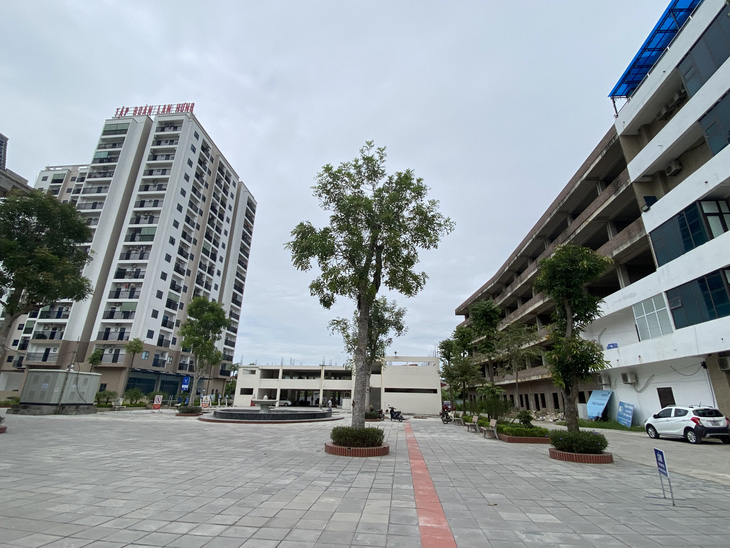The Vietnamese Ministry of Construction has proposed a credit package worth VND110 trillion (US$4.7 billion) for the development of social housing projects.
In a statement prepared for a conference on boosting the sustainable development of the local real estate market, the ministry said that the mammoth credit package should be similar to a preferential VND30-trillion ($1.3-billion) credit package which the central government had previously approved to support the property market during the 2013-16 period.
In particular, 70 percent of the VND30-trillion package was meant to support low-income laborers who want to rent or buy social or commercial property which measures less than 70 square meters and is priced at less than VND15 million ($636.4) per square meter.
Meanwhile, the remaining 30 percent would be allocated to developers of social housing projects.
The ministry also proposed several other solutions to develop affordable housing for workers and other low-income laborers, including a recommendation that the National Assembly assign the government to create a draft resolution on the piloting of policies meant to enhance the development of social housing, remove existing obstacles in the handover of land for social housing projects, set aside land banks for these projects, ensure benefits to investors, and create transparency in the pricing of social housing and related credit packages.
Moreover, the ministry suggested creating and carrying out a plan to develop at least one million social houses for low-income laborers and workers in industrial parks from 2021 to 2030.
In addition, social housing projects for low-income earners should be coupled with the mid- and long-term capital resources of localities.
The government’s Resolution 11/NQ-CP on a socio-economic recovery and development program, which includes a VND16-trillion ($678.3-million) package for the development of social housing projects and the upgrade of deteriorated apartment buildings, should be implemented efficiently.
According to the Ministry of Construction, there are many hindrances to the development of social housing. For example, investors in such projects are exempted from land use fees but they must complete procedures to determine the land use fees and then land use fee exemption procedures.
It normally takes these investors one to two years to complete such paperwork.
Furthermore, most localities across Vietnam have yet to set aside land banks for social housing projects, while regulations on choosing investors for such projects overlaps those laws on investment, bidding, and land use.
Additionally, sale and corporate governance costs are not taken into account when calculating the selling and rental prices of social housing.
The regulation that profits from social housing projects must not exceed the total investment in the projects by 10 percent has discouraged real estate enterprises to develop social housing projects.
The Ministry of Construction also proposed amending a regulation on assigning the local People’s Committees to verify the selling prices of social houses using non-state budgets as it extends the project execution period and causes cost overruns for enterprises.
Like us on Facebook or follow us on Twitter to get the latest news about Vietnam!





















































